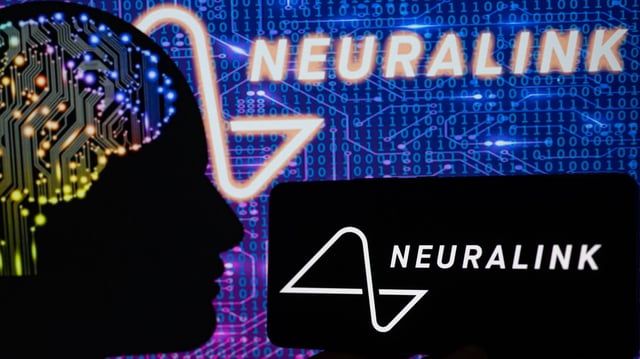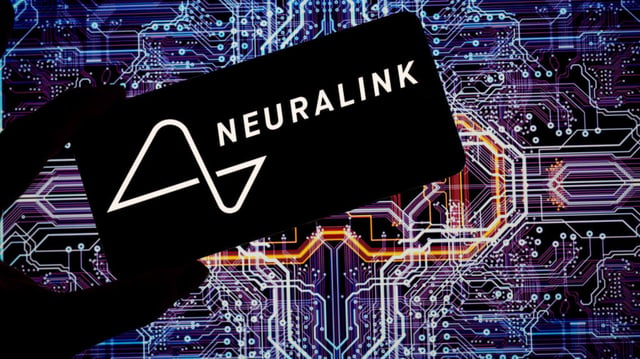Overview
- Neuralink's debut human brain implant encountered mechanical problems, leading to a temporary loss of connectivity.
- Adjustments made to the implant's sensitivity and signal translation significantly improved the device's functionality.
- The patient, paralyzed since 2016, demonstrated improved ability to control digital devices using his mind.
- Neuralink aims to expand the technology to assist with motor functions and possibly restore vision.
- The company continues to refine the technology amidst ongoing FDA-monitored trials.



